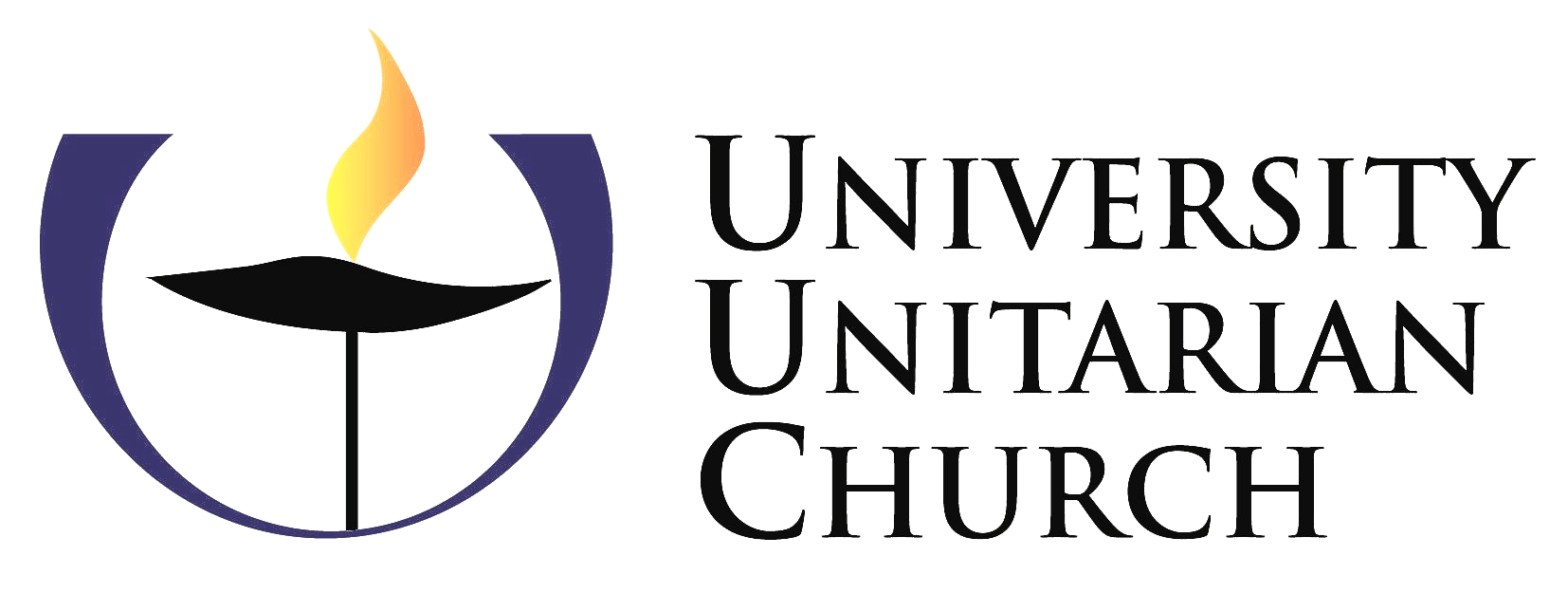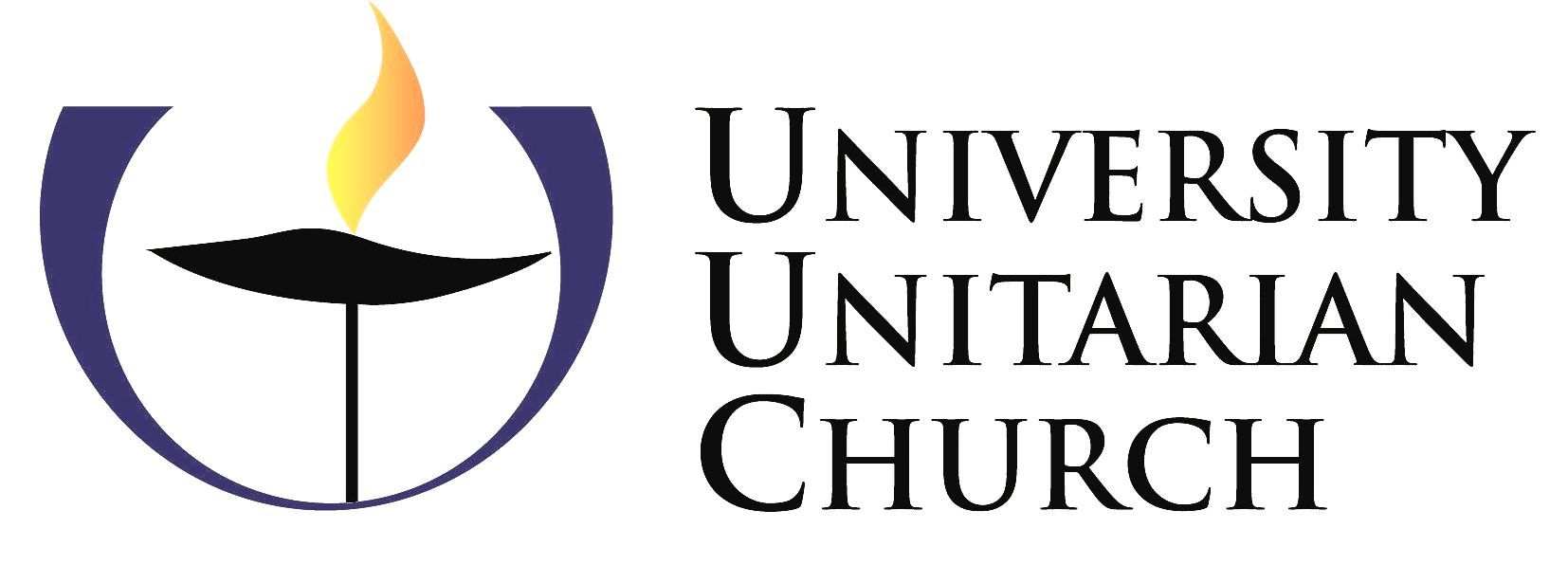As the Thanksgiving national holiday approaches, might we as Unitarian Universalists choose to re-interpret, and reclaim what it means to us? Might we choose to practice our 4th Principle’s free and responsible search for truth and meaning and learn the complicated history and larger truths behind this holiday? Might we then develop a deeper, more spiritually grounded approach to gratitude and incorporate that into our celebration of the holiday?
Thanksgiving is a popular holiday, often appreciated as a time for visiting family. Yet for many of us Americans the Thanksgiving holiday is epitomized by overeating, a non-stop marathon of televised football games, or the Black Friday shopping sales’ celebration of overconsumption. These practices don’t inspire reflecting on the truth of this holiday or its significance in our lives, let alone a delving into gratitude.
An additional reason for rethinking Thanksgiving comes from a growing recognition that the holiday is based on a mythology that obscures the continued existence of Native Americans in this country and the violence that has been done to them since Europeans began settling the Americas.
Generations of American school children have grown up on the Thanksgiving mythology of hardy Pilgrims aided by the Wampanoag Indians to avoid starvation, all then giving thanks together for a bountiful harvest. In grade school how many of us cut out pilgrim hats, Indian head-dresses, and, of course, turkey silhouettes? But the story of our Thanksgiving holiday is not a story of respect and reciprocity between white colonialists and the Indigenous peoples of this continent.
The Pilgrims’ harvest celebrations in the 1620’s did not continue in an unbroken line to the modern celebration of Thanksgiving. The modern celebration of Thanksgiving dates back only to the Civil War in 1863 when President Abraham Lincoln declared the official holiday, an act he saw as a step toward reuniting the fractured country.
And the tale of the Pilgrims is riddled with inaccuracies. For instance, while the Pilgrims celebrated a bountiful harvest in 1620, current research shows that the Wampanoag weren’t invited guests. The Thanksgiving myth glosses over the deterioration of early settler and native alliances which became battles of resistance by the tribes, resulting in their massacre and enslavement by the colonists.
If we want to practice our Unitarian Universalist principles in this Thanksgiving season, then let us honor the dignity and worth of Indigenous peoples on Thanksgiving in keeping with our first principle by taking responsibility to learn and share a truer version of our history. And let us live into our 7th Principle by developing practices of gratitude and responsibility for the interdependent web of all existence of which we are a part,.
We can be inspired by the Anishinibekwe biologist Robin Wall Kimmerer, author of Braiding Sweetgrass, who points us to the Haudenosaunee Thanksgiving Address for inspiration. It begins:
Today we have gathered and when we look upon the faces around us we see that the cycles of life continue. We have been given the duty to live in balance and harmony with each other and all living entities. So now let us bring our minds together as one as we give greetings and thanks to each other as People. Now our minds are one.” (Braiding Sweetgrass, p. 107)
After a detailed ritual of Thanksgiving, the Haudenosaunee Thanksgiving Address ends:
We have now arrived at the place where we end our words. Of all the entities we have named, it is not our intention to leave anyone out. If someone was forgotten, we leave it to each individual to send such greetings and thanks in their own way. And now out minds are one.” (Braiding Sweetgrass, 117)
Sources:
Robin Wall Kimmerer, Braiding Sweetgrass: Indigenous Wisdom, Scientific Knowledge, and the Teachings of Plants (2013), especially the chapter “Allegiance to Gratitude”, pp.105-117
Clair Bugos, "The Myths of the Thanksgiving Story and the Lasting Damage They Imbue," Smithsonian Magazine.
Tom Cunneff, "The Truth Behind Thanksgiving," November 21, 2022, The College Today, College of Charleston.
https://today.cofc.edu/2022/11/21/the-truth-behind-thanksgiving/
Peter C. Mancall, "The ‘First Thanksgiving’ Story Covers Up the All Too Real Violence in Early America," Time, November 24, 2021. https://time.com/6123111/first-thanksgiving-story-covers-up-real-violence/

Posted/updated on:

